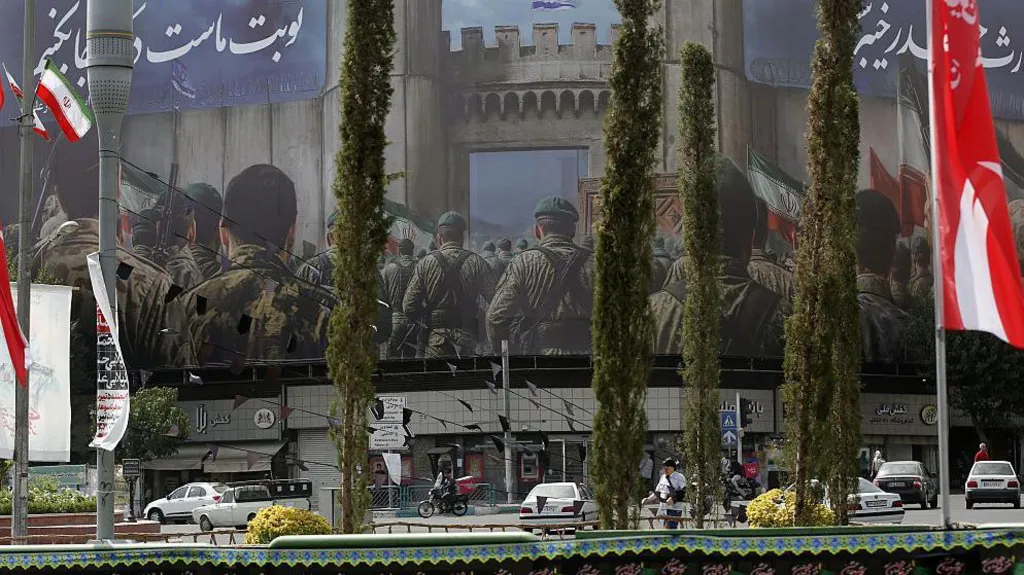The latest wave of Iran arrests and executions has sparked global concern, as the Iranian government intensifies its internal crackdown following renewed hostilities with Israel. Human rights groups, political analysts, and foreign governments are raising alarms about the deteriorating situation within Iran, where state repression appears to be escalating in direct response to external conflict.
Background of the Iran-Israel Conflict
Historical Tensions Between Iran and Israel
The strained relationship between Iran and Israel dates back decades, fueled by ideological, geopolitical, and military rivalries. Iran’s support for proxy groups opposed to Israel, combined with Israel’s efforts to counter Iranian influence in the region, has created a volatile and often hostile dynamic.
Recent Escalations Triggering Crackdowns
The most recent flare-up between the two nations saw exchanges of military threats and confrontations across regional fronts. In the wake of this, Iranian authorities have launched an aggressive internal campaign, leading to a surge in Iran arrests and executions, targeting those perceived as threats to national security.
Iran Arrests and Executions Surge Explained
Who Is Being Targeted?
The Iranian government’s crackdown has focused on a broad range of individuals, including political activists, opposition voices, and members of ethnic and religious minorities. Reports indicate that many of those arrested face vague charges of “collaboration with foreign enemies” or “undermining state security.”
The pattern of Iran arrests and executions appears aimed at silencing dissent and deterring public unrest, particularly in the aftermath of growing anti-government sentiment.
Government Justifications for the Crackdown
Officials in Tehran have defended the crackdown, claiming that the arrests and executions are necessary to preserve national unity and prevent foreign interference. State media portray these actions as defensive measures to root out espionage and maintain order amid heightened external threats.
Despite these justifications, many international observers argue that the Iran arrests and executions violate fundamental human rights and lack transparency.
International Response to Iran Arrests and Executions
Condemnation from Global Leaders
Governments and organizations worldwide have condemned the Iranian government’s actions. The United Nations, European Union, and major human rights groups have called for an immediate halt to executions and mass arrests, urging Iranian authorities to respect international law and human rights standards.
Media Coverage and Public Outcry
Global media outlets have extensively covered the surge in Iran arrests and executions, highlighting the stories of those affected and exposing the harsh conditions faced by detainees. Public protests and campaigns advocating for the release of political prisoners have gained traction in various countries.
Human Rights Implications
Violations of International Law
Legal experts argue that many of the Iran arrests and executions breach Iran’s obligations under international treaties. Reports of forced confessions, lack of fair trials, and the execution of individuals without due process have fueled accusations of systemic human rights abuses.
Impact on Civil Liberties in Iran
The wave of arrests and executions has created an atmosphere of fear and repression within Iran. Freedom of speech, political activism, and dissent have been severely restricted, with citizens facing heightened risks of persecution for expressing opposition to the government.
What Lies Ahead for Iran and the Region?
Possible Escalations or De-escalations
Analysts warn that the ongoing Iran arrests and executions, coupled with tensions with Israel, could further destabilize the region. There is a risk of additional conflict or an intensification of internal crackdowns if diplomatic solutions remain elusive.
Prospects for Diplomacy or Internal Reform
While international pressure may curb some of Iran’s harshest measures, prospects for meaningful internal reform remain uncertain. Nonetheless, grassroots resistance, particularly among Iran’s younger generations, continues to grow, keeping alive hopes for change.
Conclusion
The current wave of Iran arrests and executions underscores the fragile state of human rights and political freedoms in Iran, exacerbated by the nation’s escalating conflict with Israel. As the international community watches closely, the situation remains volatile, with the potential for far-reaching consequences both within Iran and across the broader Middle East.
Stay Informed with Trending Stories – Join Our Newsletter Today!


